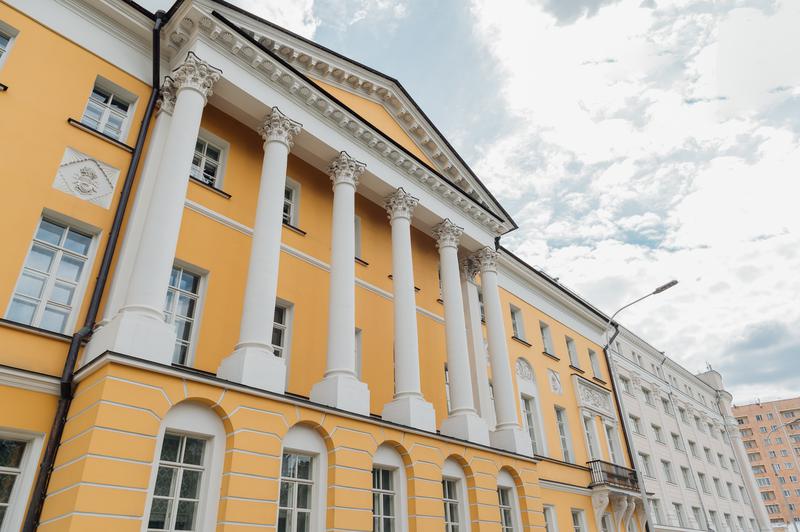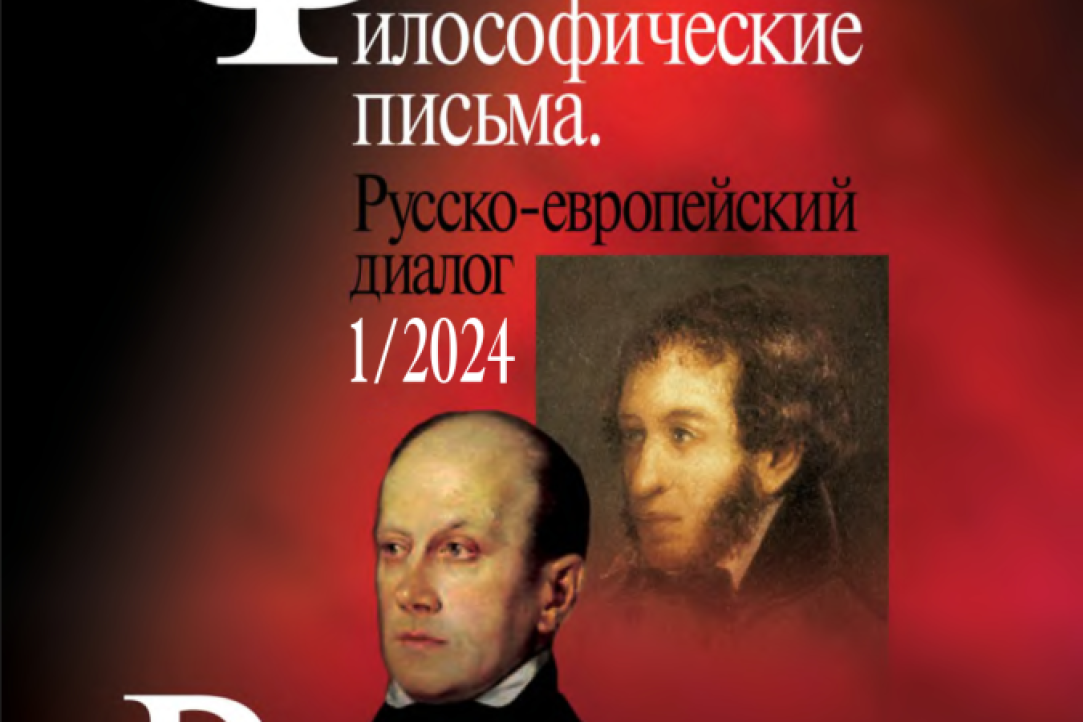The Faculty of Humanities was created on December 1, 2014. It trains instructors and researchers in the field of language and literature, as well as specialists in philosophy, history, and modern culture.
The main goal of the faculty is to teach students how to understand and analyse various cultural processes, employ current research strategies, and effectively put their knowledge into practice.
The faculty’s staff are leading Russian academics and practitioners from various cultural fields, as well as invited foreign specialists. Students receive a modern education in the humanities, as well as thorough language preparation, which allows them to find extensive professional opportunities upon graduation. Students are given the opportunity to conduct research and gain practical experience at major private and public establishments.
Our strengths:
1. Interdisciplinary approach
We study the humanities alongside other academic fields so that students can apply their skills in various areas.
2. International cooperation
We maintain active international ties, which allows students to undertake internships and study abroad, as well as broaden their outlook and cultural experiences.
3. Research
We encourage and support student participation in research projects. This gives them an opportunity to apply their knowledge in practice and make a contribution to the development of the humanities.
Our graduates pursue careers in public and commercial organisations and various types of mass media. They also implement their own media, cultural, social, and educational projects.
Publications
-
Book
BRICS and Climate Change: Balancing National Interests, National Development Goals and Global Environmental Sustainability
This book delves into the intricate interplay between climate change and the dynamic shifts in global power structures, focusing on the expanded BRICS. Offering a distinctive vantage point by encapsulating the evolving dynamics of Brazil, Russia, India, China, and South Africa, the book through this unique perspective, sheds light on the nuanced relationship between environmental challenges and the geopolitical landscape. It has an interdisciplinary approach, seamlessly weaving insights from political science, economics, development studies, and the natural sciences. This holistic integration of diverse disciplines enhances the reader's understanding, presenting a comprehensive analysis of the multifaceted issues at the nexus of climate change and global politics. It not only maps out the current climate crisis confronting humanity in the twenty-first century, but also extends a helping hand to policymakers. The inclusion of pragmatic policy recommendations adds a pragmatic dimension, providing valuable insights that policymakers may find instrumental in addressing the challenges posed by climate change.
Singapore: Springer, 2024.
-
Article
-
Book chapter
Between Geopolitical Ambition, Energy Nationalism, and Capacity Deficit: Russia’s Thorny Relationship with Climate Change
While the USSR stood at the forefront of global climate change agenda, Russia has forsaken much of this legacy, becoming engulfed in climate skepticism furthered by the oil and gas lobby that over the years has become inseparable from the state itself. Hard-pressed by the imminence of the introduction of carbon-based tariffs on its key export products by leading world economies, Russia in 2021 pledged to achieve carbon neutrality by 2060 and to implement a system of carbon tariffs within a few years. The wave of Western sanctions that followed the start of Russia’s military operation in Ukraine in 2022 has made Russia’s breakthrough climate commitments of the previous year largely untenable as the country extensively depends on the importation of corresponding equipment and technologies from the West. Moscow has now been turning toward non-Western actors such as BRICS countries for cooperation in decarbonization effort.
In view of the above, the chapter reviews the evolution of Soviet and Russian environmental policies, emphasizing the strategic significance of Russia for the global climate mitigation effort and its historic involvement in the sphere, analyzes internal and external factors that have been influencing climate agenda in the country, and stresses that geopolitical, economic and capacity considerations will continue to shape the climate calculations of the Kremlin as there appears to be insufficient concern of Russia’s elites and masses with the real implications of anthropogenic climate change.
In bk.: BRICS and Climate Change: Balancing National Interests, National Development Goals and Global Environmental Sustainability. Singapore: Springer, 2024. Ch. 3. P. 67-96.
-
Working paper
Exploring the Effectiveness of Methods for Persona Extraction
The paper presents a study of methods for extracting information about dialogue participants and evaluating their performance in Russian. To train models for this task, the Multi-Session Chat dataset was translated into Russian using multiple translation models, resulting in improved data quality. A metric based on the F-score concept is presented to evaluate the effectiveness of the extraction models. The metric uses a trained classifier to identify the dialogue participant to whom the persona belongs. Experiments were conducted on MBart, FRED-T5, Starling-7B, which is based on the Mistral, and Encoder2Encoder models. The results demonstrated that all models exhibited an insufficient level of recall in the persona extraction task. The incorporation of the NCE Loss improved the model's precision at the expense of its recall. Furthermore, increasing the model's size led to enhanced extraction of personas.arxiv.org. Computer Science. Cornell University, 2024

.jpg)


